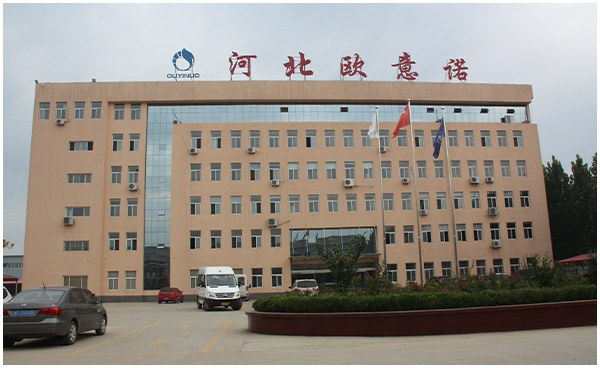
Nov . 09, 2024 22:54
Back to list
Effective Strategies for Optimizing Gas Metering in Energy Management Systems
Understanding Gas Metering Importance and Implications
Gas metering plays a crucial role in the management and distribution of natural gas, a vital energy source for households and industries alike. As consumption patterns evolve and the energy sector faces the challenges of climate change, efficient gas metering systems are becoming more important than ever. This article delves into the intricacies of gas metering, its importance, technological advancements, and future implications.
The Basics of Gas Metering
Gas metering involves measuring the quantity of gas delivered to a consumer. This process is typically executed through sophisticated devices known as gas meters, which measure the flow of gas typically in cubic meters or cubic feet. These meters are essential for billing purposes, ensuring that consumers pay for the gas they actually use, thus promoting fairness in the energy market.
There are various types of gas meters available, including diaphragm meters, turbine meters, and ultrasonic meters, each serving different needs. While diaphragm meters are the most common in residential settings, turbine and ultrasonic meters are often used in industrial applications due to their ability to handle larger volumes and provide higher accuracy.
Importance of Accurate Gas Metering
Accurate gas metering is vital for several reasons. First and foremost, it ensures that consumers are charged correctly for the gas they use, preventing disputes between utility providers and customers. Inaccurate meters can lead to revenue losses for gas companies and unfair charges for consumers.
Moreover, precise gas metering is essential for managing the overall supply and demand within the energy grid
. By monitoring gas usage patterns, operators can better forecast demand fluctuations, manage supply more effectively, and optimize pressure levels in the pipeline system. This is particularly crucial during peak usage times, such as cold winter months or during industrial surges, where managing supply efficiently can prevent shortages.Technological Advancements
gas metering

The landscape of gas metering is evolving rapidly due to technological innovations. Traditional mechanical meters are being replaced by smart meters equipped with advanced sensing technologies. These smart meters provide real-time data on gas consumption, allowing both utility companies and consumers to access usage statistics instantly.
Smart meters also facilitate remote monitoring and management, reducing the need for manual readings and improving operational efficiency. This technology can empower consumers with insights into their usage patterns, encouraging energy conservation and informed decision-making regarding their energy consumption.
In addition, the integration of Internet of Things (IoT) technologies into gas metering systems enables enhanced data analytics. Utility companies can utilize this data to identify trends, optimize their infrastructure, and even predict maintenance needs before problems arise, ultimately leading to improved reliability and safety in the gas supply.
Future Implications
The future of gas metering is poised for significant changes, especially as the world navigates the shift towards cleaner energy sources. While natural gas has long been viewed as a bridge fuel in the transition to renewable energy, its role may evolve as sustainability becomes a paramount concern. Consequently, effective gas metering will be essential in monitoring emissions and optimizing gas usage in a more environmentally conscious framework.
Moreover, as regulatory pressures increase for energy providers to reduce their carbon footprints, the role of gas metering in supporting sustainable practices will become more pronounced. Metering technologies will need to adapt to capture not only gas usage data but also related emissions statistics, helping to drive initiatives aimed at curbing climate change.
Conclusion
Gas metering is a critical component of modern energy management that ensures fairness, efficiency, and sustainability in gas distribution. With ongoing technological advancements, the future of gas metering promises to enhance accuracy, promote energy conservation, and support the transition to a more sustainable energy environment. As we continue to innovate in this field, the importance of reliable and accurate gas metering cannot be understated; it is the backbone supporting both consumer trust and energy sector stability.
Latest news
-
Safety Valve Spring-Loaded Design Overpressure ProtectionNewsJul.25,2025
-
Precision Voltage Regulator AC5 Accuracy Grade PerformanceNewsJul.25,2025
-
Natural Gas Pressure Regulating Skid Industrial Pipeline ApplicationsNewsJul.25,2025
-
Natural Gas Filter Stainless Steel Mesh Element DesignNewsJul.25,2025
-
Gas Pressure Regulator Valve Direct-Acting Spring-Loaded DesignNewsJul.25,2025
-
Decompression Equipment Multi-Stage Heat Exchange System DesignNewsJul.25,2025

